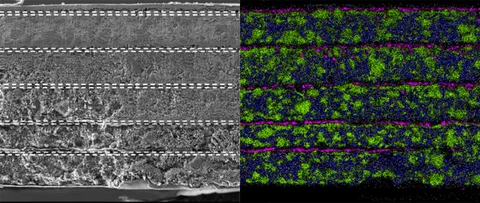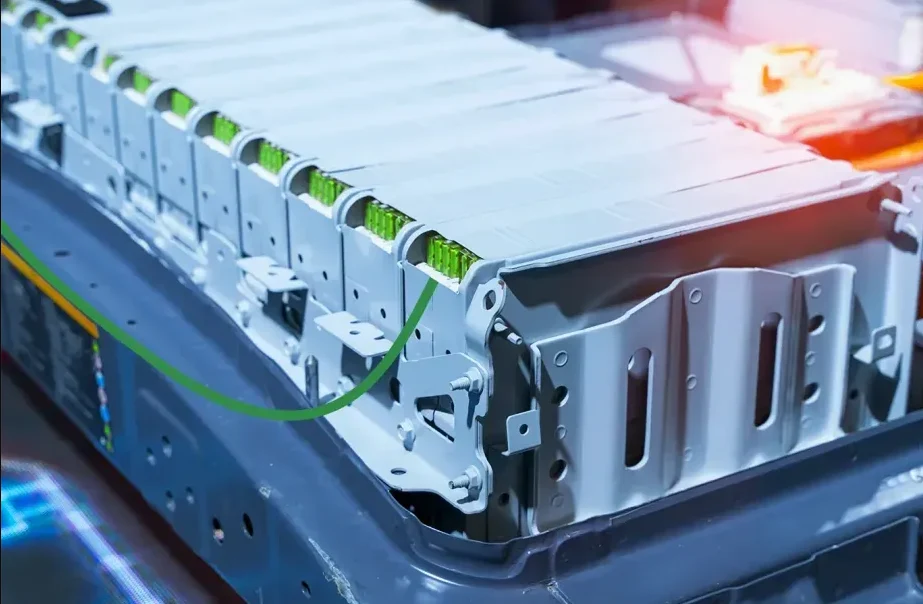Microvast Holdings, Inc. is a company focused on battery technology, located in Stafford, Texas. On January 9, the company revealed a significant advancement in battery technology with its new True All-Solid-State Battery (ASSB) system. This innovation aims to enhance battery safety, energy density, and efficiency, making it applicable to various sectors such as electric vehicles (EVs), robotics, and energy storage solutions.
Innovative Design Features
A key aspect of Microvast’s ASSB is its unique bipolar stacking structure. Unlike typical lithium-ion batteries that use liquid electrolytes, this new design removes the liquid element, leading to higher voltages and improved safety. By utilizing internal series connections within one cell, this structure simplifies the system design and enhances energy efficiency. The specialized all-solid electrolyte separator, made from advanced polyaramid, provides excellent ionic conductivity and durability over time.
Performance and Safety
In performance evaluations, the ASSB showcased a stable voltage range from 12V to 21V, surpassing the performance of older models. This range makes it ideal for uses that require high energy density without compromising safety standards.
For electric vehicles, Microvast’s ASSB has the potential to boost both performance and dependability. The removal of liquid electrolytes paves the way for safer high-voltage operations, allowing for smaller and lighter battery packs without losing energy efficiency. The compact battery design could enhance the driving range of EVs while also shortening charging durations. Additionally, the strong architecture diminishes the chances of thermal runaway, which is a major safety issue in electric vehicles.
Future Implications for Manufacturers
The adaptability of ASSB technology to fit custom designs could provide EV makers with new opportunities to create space-efficient battery configurations. These enhancements may also contribute to reduced manufacturing costs over time, potentially making electric vehicles more affordable for a wider range of consumers.
Source:
Link


